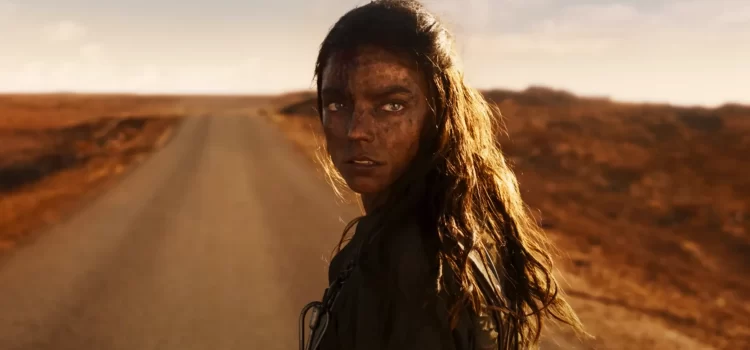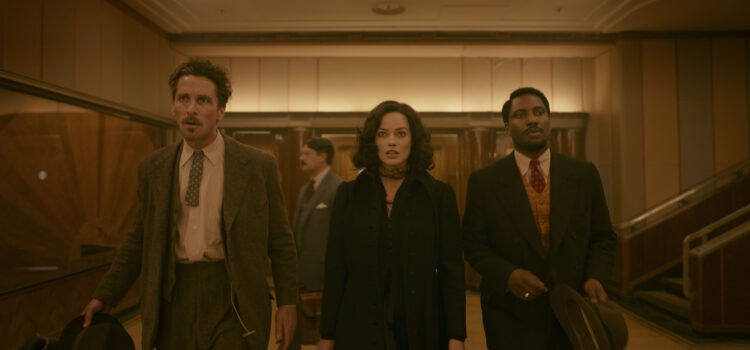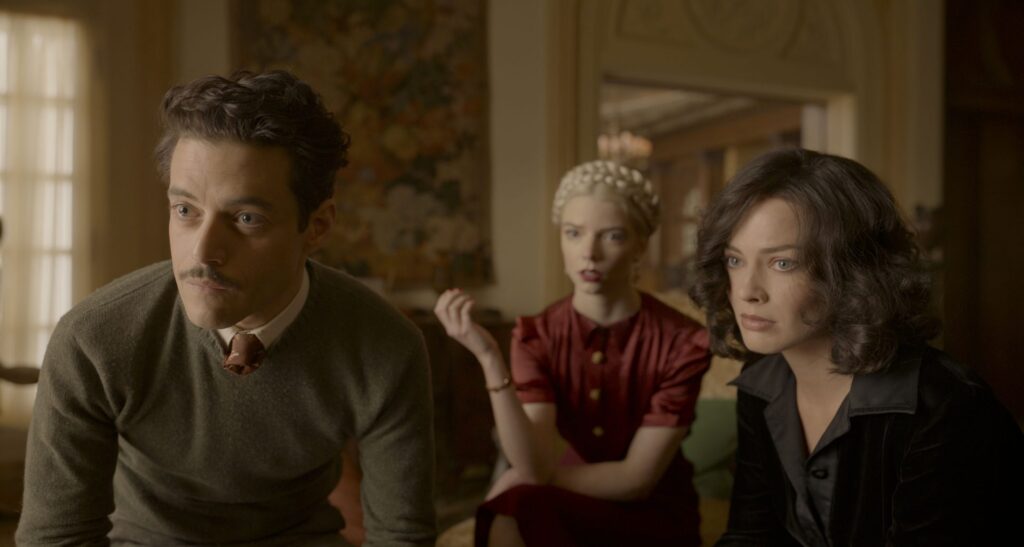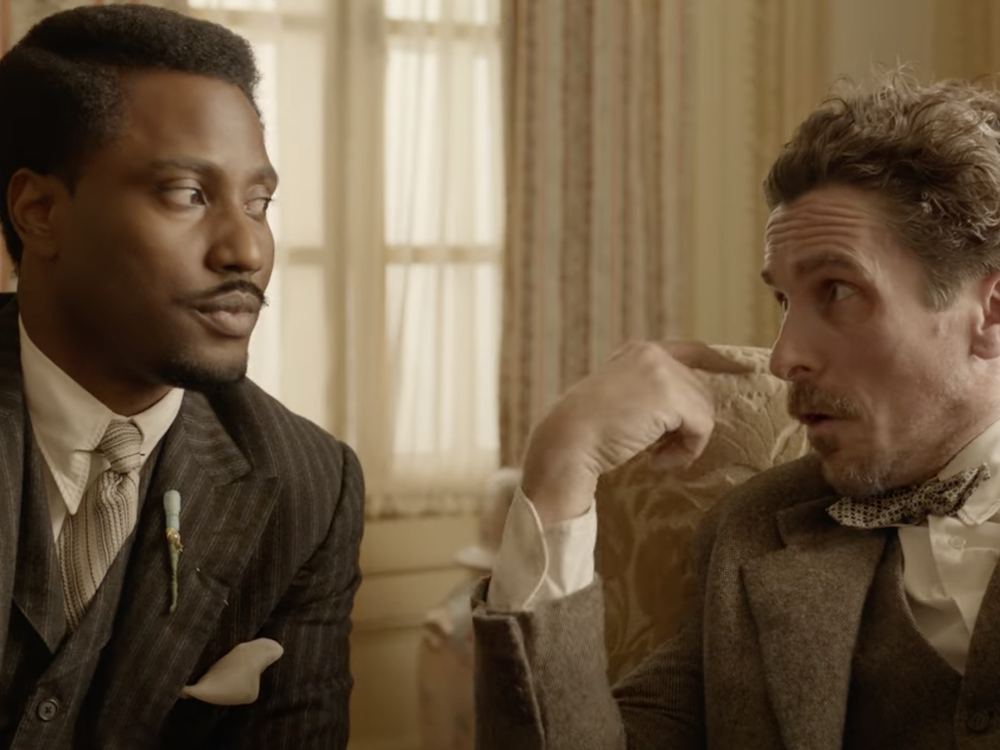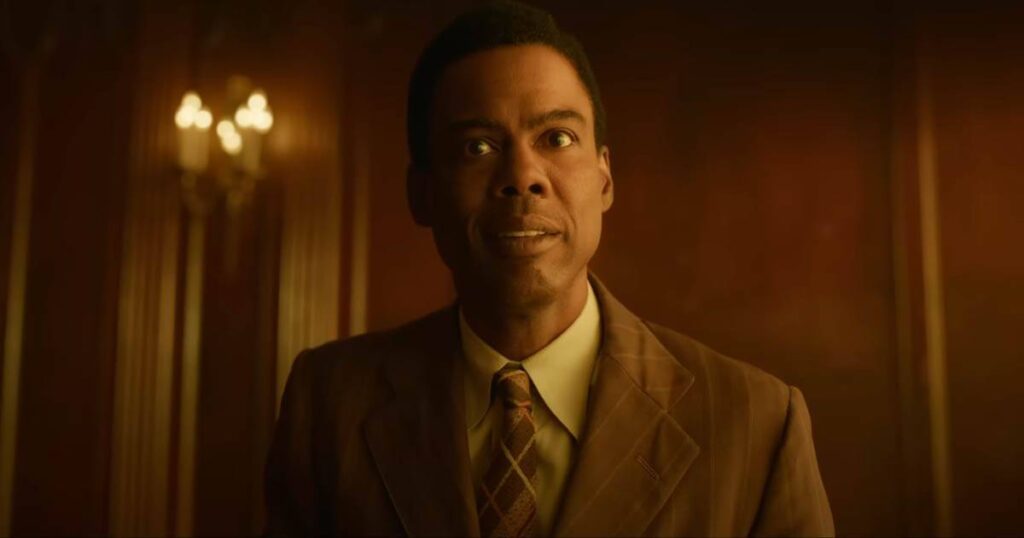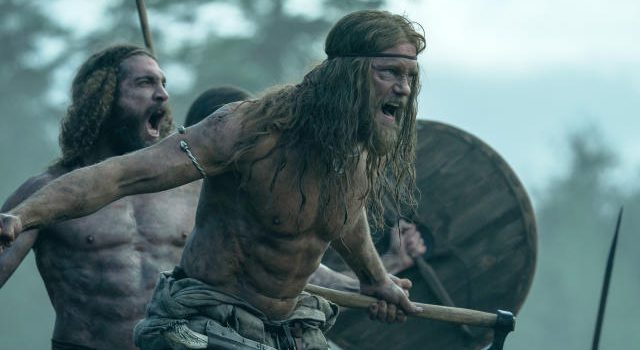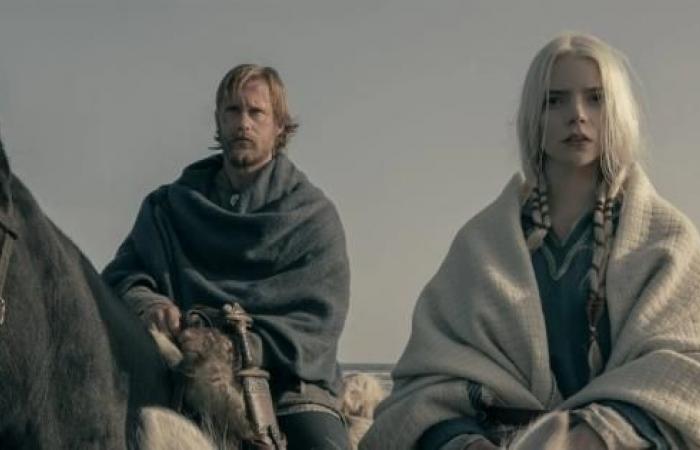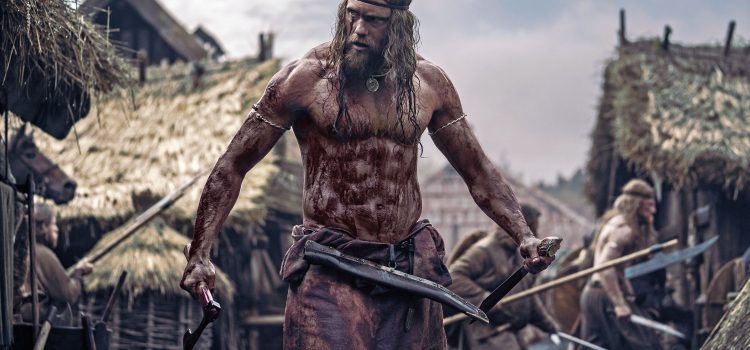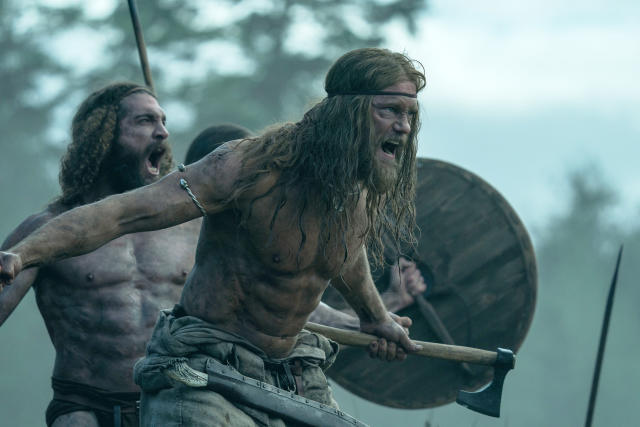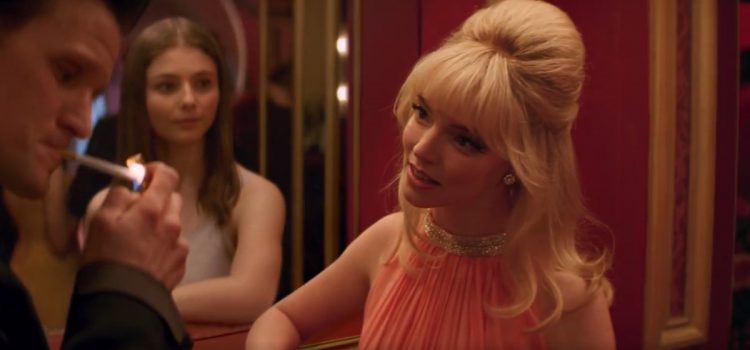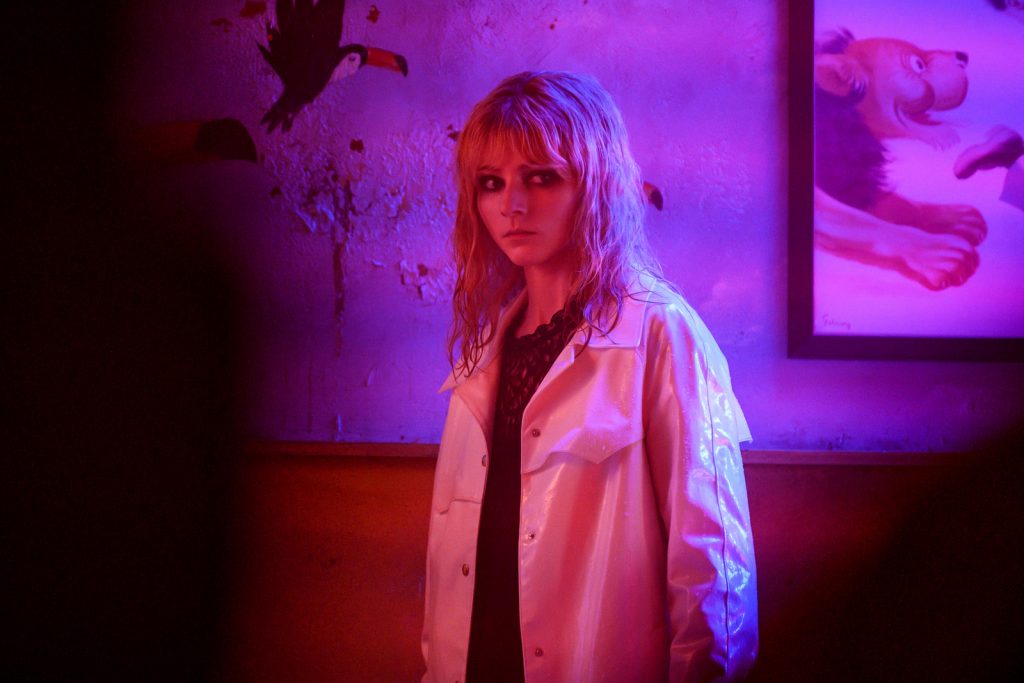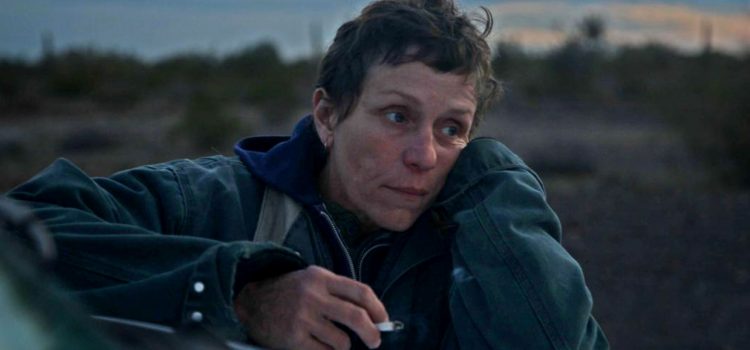By Lynn Venhaus
Another thunderous full-throttle fever dream from visionary filmmaker George Miller, “Furiosa: A Mad Max Saga” repetitively smashes and crashes a megaton of souped-up vehicles in a savage and dusty post-apocalyptic world.
That loud and noisy thrill ride is expected in the prequel to Miller’s ambitious fourth foray nine years ago – “Mad Max: Fury Road,” which continues his gritty, grungy, and gruesome sci-fi world he created in 1979.
Filmgoers enthralled with this high-on-carnage, low-on-story dystopian adventure will again be dazzled by the extraordinary stunt work, eye-popping aerial feats, and the stunning visual effects as survivors’ barrel through the Australian Wasteland.
Nevertheless, Miller’s reliance on more CGI than its predecessor makes this action spectacle’s excess mind-numbing, accompanied by a grating music score composed by Tom Holkenborg that sounds like an incessant cruise ship’s horn.
When clips from Fury Road play over the end credits, it’s another reminder of how much better and epic it was.

After all, the 2015 film earned 10 Academy Award nominations, and won six – for costume design, film editing, production design, sound mixing, sound editing, and makeup and hairstyling. (This one may duke it out with “Dune, Part Two” in technical categories, however.)
Not to take anything away from the efforts of Anya Taylor-Joy, who is terrific, and so is her remarkable young counterpart, Alyla Browne, in creating the backstory of Imperator Furiosa, the mysterious and fierce warrior who was memorably played by Charlize Theron in the Fury Road installment.
With her striking appearance – shaved head and missing part of one arm, she teamed with Tom Hardy’s Max Rockatansky against the evil Immortan Joe and his War Boys to rescue five imprisoned brides.
Taylor-Joy, who proves her mettle as an action star, is a captivating middle piece in the puzzle established by Browne’s astonishing turn that deftly sets the table for the faster, more furious grown-up.
The youngster was snatched from The Green Place of Many Mothers, and had no choice but to become a rebel, disguising herself as a male, saying little, and staying sharp. In fact, the character only has 30 lines of dialogue for 2 hours and 28 minutes.
The technical elements are first-rate, with Simon Duggan’s cinematography an outstanding achievement, as is the gnarly production design by Colin Gibson, who created “Fury Road” – and that Australian classic “Priscilla, Queen of the Desert.” Costume Designer Jenny Beavan, who has won three Oscars, including one for “Fury Road,” continued her punk aesthetic.
But there is little freshness to this dystopian adventure now being told for the fifth time. The resolution takes too long, and the plot holes are obvious in the script, co-written by Miller and Nico Lathouris.
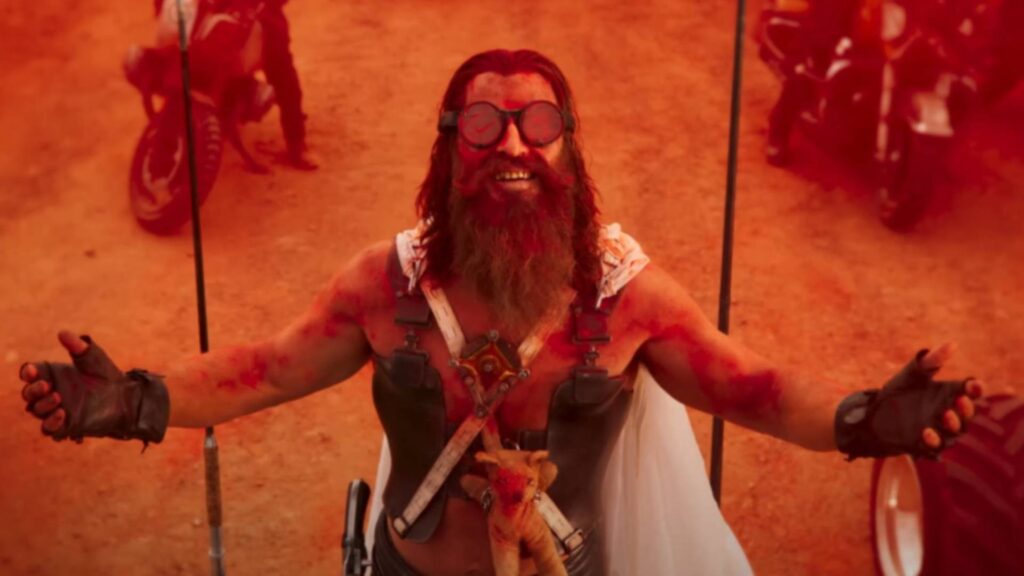
While a movie is only as good as its villain, Dr. Dementus is not a strong one, despite showy antics from a nearly unrecognizable Chris Hemsworth. He’s a preening and pompous buffoon who acts like a carnival barker and controls Gastown with his marauding biker boys.
The supporting cast is nondescript and interchangeable, except for Tom Burke as Praetorian Jack, who becomes Furiosa’s ally. This movie is the first one without Mad Max, although there is a brief cameo that means nothing.
Increasingly more brutal, the Mad Max series began 45 years ago, when a little-known Mel Gibson portrayed the cop whose wife and daughter are murdered by a biker gang. As the world fell in a future Australia, he came a drifter roaming through the bleak radioactive desert.
The 1979 film, which dubbed Gibson’s voice for an American audience, helped usher in the Australian New Wave.
A superior “The Road Warrior” followed in 1981, establishing Miller as an action force. By then in the sci-fi plot, society had broken down to such an extent, after war, a ruined environment, and critical resources in short supply, that it’s survival of the fittest, and an unsettling barbaric culture.
The third film, 1985’s “Mad Max: Beyond Thunderdome,” was the weakest, yet Tina Turner’s performance as Aunty Entity was impressive. It wasn’t until 30 years later that Miller revisited this landscape.
Miller has directed them all with bombast, which is quite a departure from his beloved Oscar-winning animated film “Happy Feet” and Oscar-nominated “Babe” and its joyous sequel “Babe: Pig in the City.”
If you’re still interested in watching the Mack Truck war rig and tricked-out dune buggies as bodies pile up amid the swirling dust, “Furiosa” is meant for you. However, my eyes glazed over.
Sure, the wild stunts are appealing — those acrobatic polecats are still tremendous additions as we drive full-speed-ahead into a hopeless world.
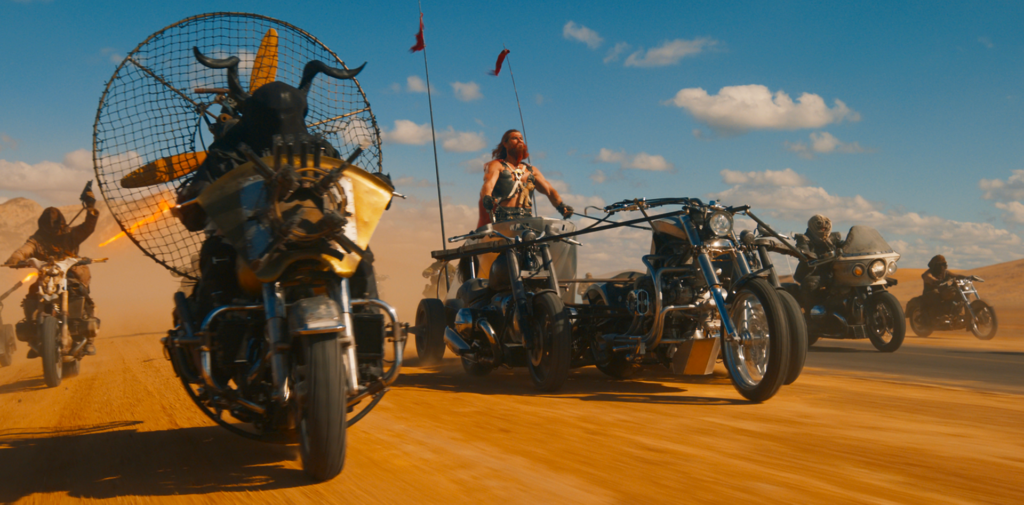
“Furiosa: A Mad Max Saga” is a 2024 sci-fi action adventure directed by George Miller and starring Anya Taylor-Joy, Chris Hemsworth, Alyla Browne, Tom Burke, and. It is rated R for sequences of strong violence, and grisly images, and the runtime is 2 hours, 28 minutes. It opened in theatres May 24. Lynn’s Grade: C-

Lynn (Zipfel) Venhaus has had a continuous byline in St. Louis metro region publications since 1978. She writes features and news for Belleville News-Democrat and contributes to St. Louis magazine and other publications.
She is a Rotten Tomatoes-approved film critic, currently reviews films for Webster-Kirkwood Times and KTRS Radio, covers entertainment for PopLifeSTL.com and co-hosts podcast PopLifeSTL.com…Presents.
She is a member of Critics Choice Association, where she serves on the women’s and marketing committees; Alliance of Women Film Journalists; and on the board of the St. Louis Film Critics Association. She is a founding and board member of the St. Louis Theater Circle.
She is retired from teaching journalism/media as an adjunct college instructor.

